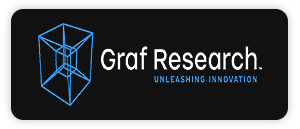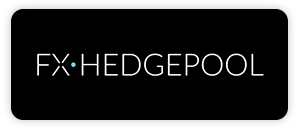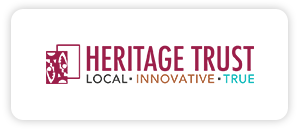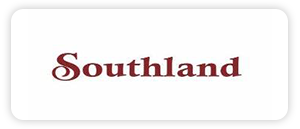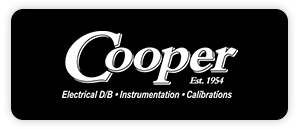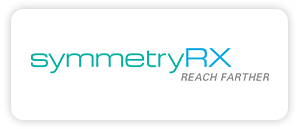Late last year, the federal Small Business Administration (SBA) began implementing significant regulatory changes. In government jargon, this was the SBA’s Standard Operating Process (SOP) 50 10 7.1 taking effect. The good news is that there were a number of changes that could be very impactful to small business owners and their access to capital.
One such change involved the SBA’s flagship loan program (SBA 7(a) loans) and what is considered a “Small Loan” under this program and how they’re handled.
First, in terms of essential background, SBA 7(a) loans are a flexible form of business funding backed by the SBA. The loan program provides small businesses with low-interest loans of up to $5 million that can be used for a range of purposes, including working capital or the purchase of equipment and real estate. Loan proceeds also can be used to build or renovate business structures, grow a business through expansion or acquisition or refinance existing business debt.
Individual 7(a) loans are underwritten by SBA-approved lenders and backed by the SBA up to a certain percentage. To apply for a 7(a) loan, start by contacting your preferred bank to find out if it’s an approved lender.
The application process can be considered complex and can take as long as 3 months from application to closing of the loan and receiving the financing. On the other hand, the SBA promises tight turnaround times on applications once a business has worked with their SBA lender and applied appropriately. Thus, the process can go far more quickly for qualified borrowers who know what they’re doing in navigating the process.
There are several types of SBA 7(a) loans – Standard, Small, Express, Export Express, Export Working Capital, International Trade, and CAP LOCs. For SBA 7(a) Small Loans, the maximum amount of the loan for many years was $350 thousand, with a maximum 50% SBA guarantee for the lender, and turnaround times on applications with the SBA of 5-10 days.
What’s new in 2024 are three significant policy changes the SBA has implemented – all of which provide more flexibility for business owners in an effort to increase access to capital:
- SBA redefined 7(a) “Small Loans” to mean any SBA 7(a) loan of $500,000 or less. Previously this had been limited to loans of $350,000 or less.
- Proceeds can be used for any eligible purpose under SBA 7(a) loan guidelines.
- For Small 7(a) Loans only, SBA does not require a Lender to place a lien on non-business assets such as personal homes even if it is the Lender’s policy to do so.
These changes can be helpful for business owners seeking up to $500 thousand. Remember, interest rates on SBA 7(a) loans are capped by the SBA, borrowers can get longer loan terms, and down payments are generally low (10-20%). Yes, the application process can be challenging with a lot of documentation required, but entrepreneurs should not overlook this commonly utilized path to financing the growth of their business.
About BELAY Financial:
BELAY Financial LLC (www.belayfinancial.com) provides flexible contract CFO & Controller services to entrepreneurial companies. The firm specializes in cost-effective financial reporting, budgeting & forecasting, implementing controls, complex modeling, valuing businesses, and other financial management. Most of the firm’s clients are growing technology, healthcare, business services, consumer, and industrial companies at various stages of development from start-up to tens of millions in annual revenue. BELAY Financial has a team of more than 45 professionals serving more than 120 companies, and is part of BELAY Solutions, a national firm providing virtual assistants, social media management, and accounting services to small companies.


